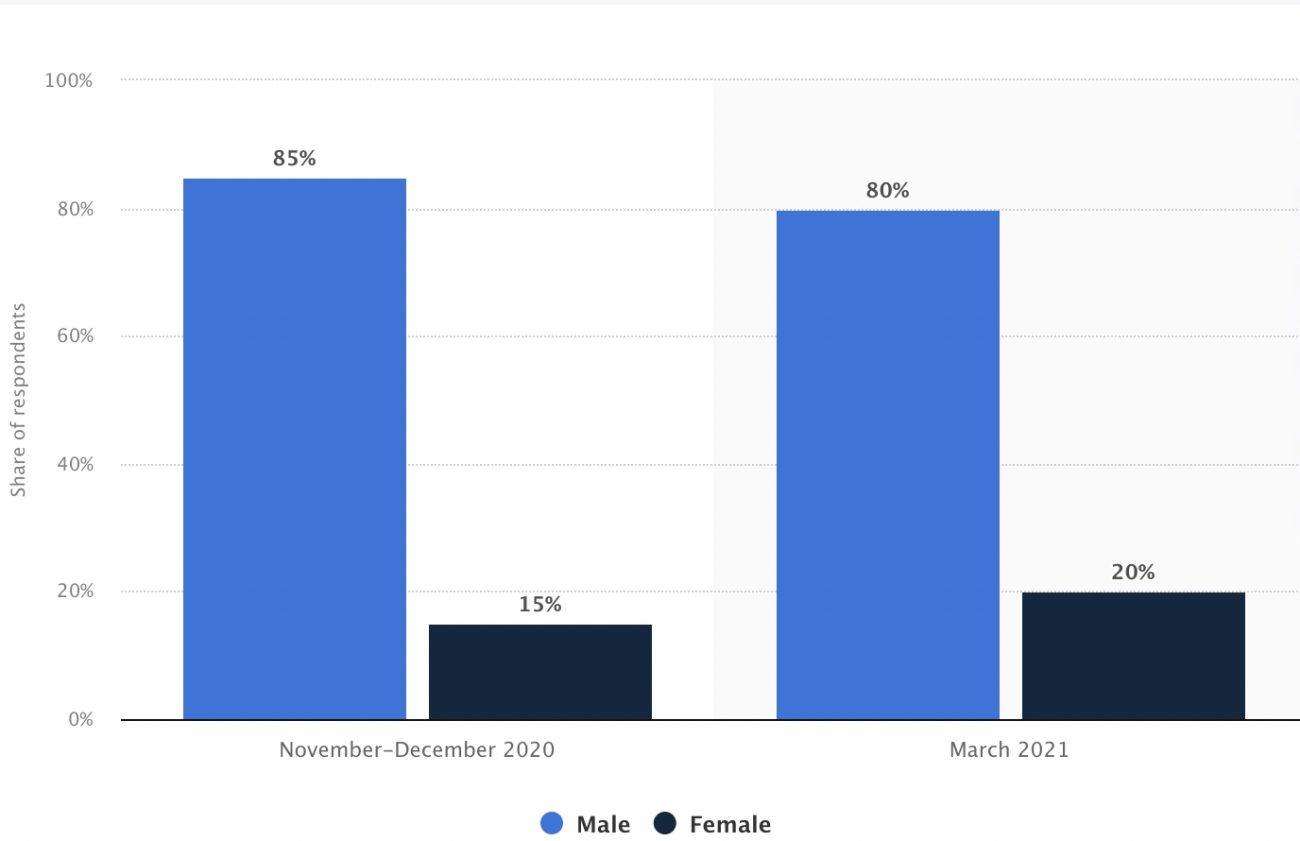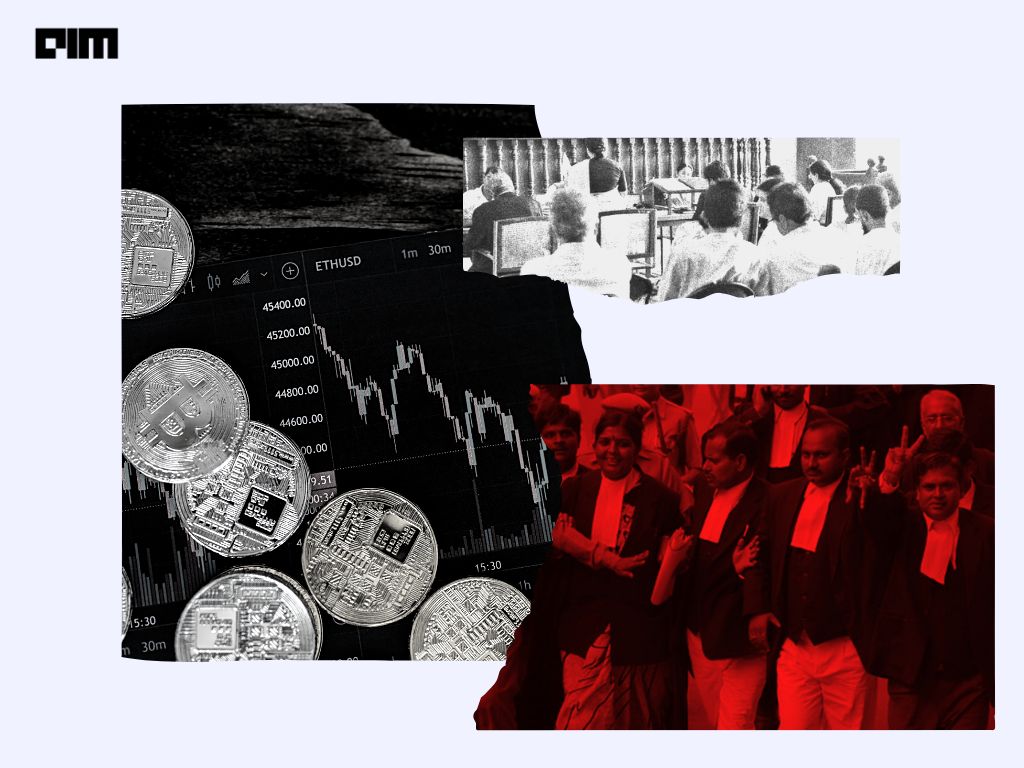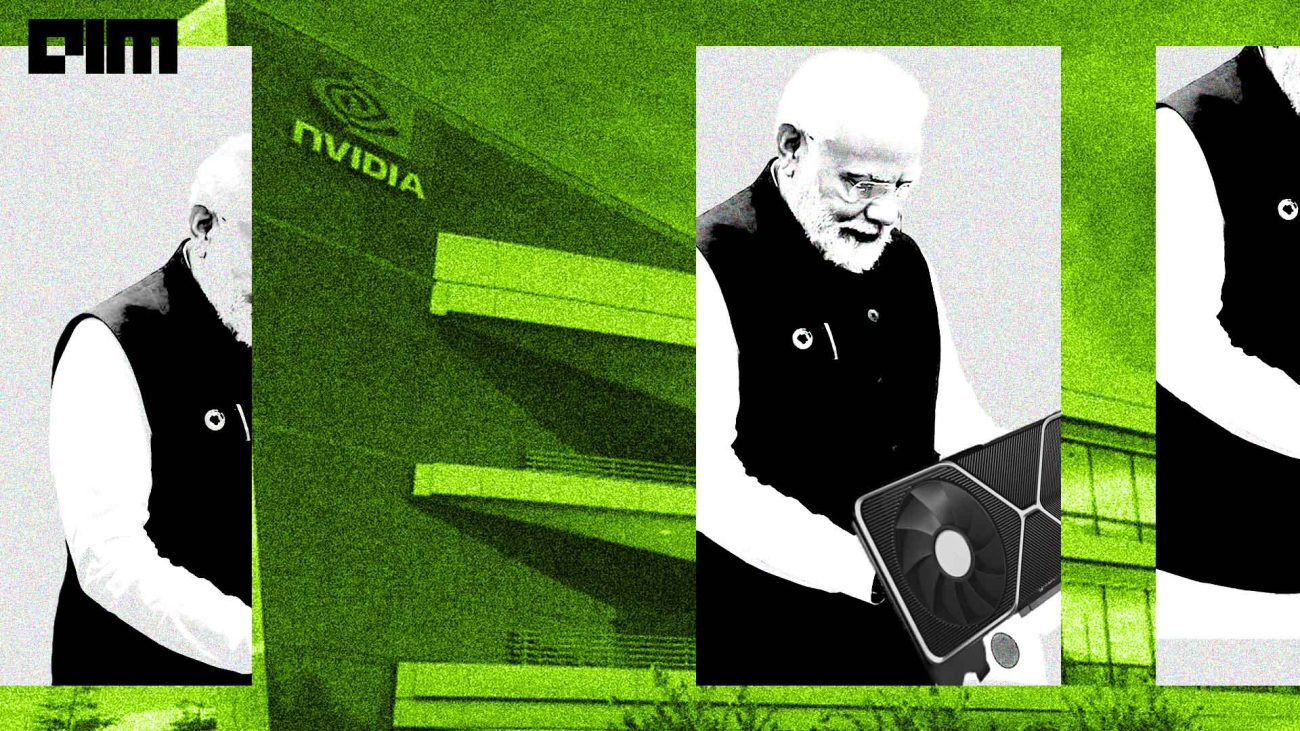|
Listen to this story
|
Despite the ambiguity in regulations, Crypto is gaining immense popularity. According to a report by Finder, India has the highest number of crypto investors in the world. However, on the flip side, crypto frauds are also increasing.
Crypto scams have globally cost investors more than USD 20 billion over the last five years, according to Statista. In India, crypto frauds have also skyrocketed due to their basic characteristic of being beyond the purview of government control. Last month, Maharashtra Police arrested two people who allegedly duped around 1400 crypto investors in the country and stole around USD 6–12 million. Crypto scams such as ‘Bitconnect’ and ‘Ether Trade India Asia’ have shaken the crypto ecosystem in India.

Legal Recourse
India has roughly 115 million crypto investors, “which account for 15% of the Indian population aged 18 to 60,” according to a KuCoin report.
But since cryptos are not legalised in India, what does an investor do in case of fraud? The first thing an investor needs to do is get in touch with the crypto exchange and report the incident.
“First, we have to understand the complexity, whether they are losing their money from their wallet or an exchange wallet. We have to understand whether the exchange is centralised or decentralised. If they are losing their money from the wallet of an exchange, an exchange would help end-to-end to recover the token. However, if an investor is transferring money to another wallet, say, any decentralised wallet, then it becomes very challenging,” Anuj Chaudhary, Crypto and blockchain expert, said.
Besides, the exchanges are also bound by various customer-centric regulations. For example, they must acknowledge the complaint within 24 hours and address it within 15 days.
The second step is to contact the cybercrime unit of the state police department. In India, cryptos are treated as virtual assets. The definition of Virtual Digital Assets (VDA) has been inserted in Section 2(47A) of the Finance Act 2022. “In essence, it means a store of value which is capable of being transferred, stored or traded electronically. As of date, there is no law that categorises VDA as ‘property’. However, being a store of value with ownership, penal provisions of law can be used for reporting frauds/cheating,” Rachit Kumar Srivastava, Partner at ILA&C LAW, said.
“It needs to be understood that the crime is in the nature of a digital asset fraud case, it needs invoking provisions of the Indian Penal Code and the Information Technology Act to pursue a criminal matter, and in order to pursue a civil matter, the provisions of consumer protection law are invoked,” Abhinav Malik, Partner at RedLaw Legal, said.
If the law enforcement authorities do not register an FIR, the investors can approach the Judicial Magistrate under Section 200 of the Criminal Procedure Code.
“When it comes to the mechanism to report crypto frauds, it is the same as that for other financial crimes in India. However, for other financial crimes, the government is very well equipped to investigate the crime and punish the guilty, but for crypto frauds, they are still at a relatively nascent stage,” Vivek Shah, Chartered Accountant, said.

Recovery of tokens
Even though the mechanism is nearly the same, there are subtle differences. In case of a financial crime like a bank fraud, the money can be recovered if the incident is reported as and when it happens. But, in the case of crypto fraud, the chances of recovery are less.
“If the fraudulent transactions continue even after you have informed the bank, your bank will have to reimburse those amounts,” the Reserve Bank of India (RBI) says. However, when it comes to cryptos, there are extremely low chances of recovering the lost funds—especially for small investors.
Investors can only get their tokens back after the police are able to nab the fraudsters and if the arrested party is still in possession of the tokens, which is highly unlikely. “Even worse, if the offender has further sold out the currency to the third party, then the search will have to continue to track down the subsequent parties, which on a practical level is very difficult as tracking of cryptocurrency transactions is next to impossible due to anonymity of [the] parties involved,” Abhinav Malik said.
Rachit Kumar Srivastava, too, holds a similar view. “Let alone government agencies; it is difficult for anyone to identify the person behind virtual digital asset transactions owing to their pseudonymous nature. A foolproof system for recovery against exploits is yet to be established; hence, it is best for investors not to fall for Ponzi schemes and lures,” he said
Better legal framework
The government came under criticism when it announced that a tax of 30% would be levied on the sale of all virtual digital assets, including cryptos and 1% TDS. The crypto tax came into effect earlier this year; however, the problem remains that there is no crypto law in the country. If the government is set on levying tax on cryptos, it needs to implement a better framework in place to deal with crypto frauds.
Anuj Chaudhary believes because of the hefty tax levied on Crypto; investors are using foreign exchanges for trading. Since these exchanges are not anchored in Indian laws, the chances of fraud increase multifold. Moreover, if an investor loses his tokens in one of these exchanges, the chances of recovery are minuscule. Further, since investors are moving away, it is hampering the businesses of Indian crypto exchanges as well.
A robust framework is the answer to all issues, Rachit Kumar Srivastava said. “Currently, the Reserve Bank of India mandates crypto exchanges to adhere to KYC/AML/CFT norms. They primarily apply to businesses regulated by the RBI and other regulators like SEBI. Virtual currency businesses are not reporting entities under these laws.”
“Effective as of June 2022, India’s cybersecurity expert body, the Computer Emergency Response Team (CERT), has mandated virtual asset service providers, virtual asset exchange providers, and custodian wallet providers must mandatorily maintain all information obtained as part of KYC processes and records of financial transactions for five years. These requirements; however, are not applicable on decentralised exchanges (DEXs), wallets, and protocols,” Srivastava further explained.
Vivek Shah concurs with this perspective. He believes that India needs a specific law regulating all stakeholders of the crypto ecosystem—the exchanges, the payment gateways, cryptocurrencies, NFT creators and investors. “However, awareness is the key, and the government should make efforts to educate small investors about the legitimacy of cryptos and the legal recourse in case of frauds,” Shah said.
Abhinav Malik also believes the government has to actively promote awareness campaigns to prevent investors from losing out on their hard-earned money by disseminating information about the identification of fake websites, phishing scams, pump-and-dump schemes, fake apps, fake celebrity endorsements, giveaway scams, and more. “Strict actions should be taken against celebrities who are misusing their popularity to lure naïve people into fraudulent schemes,” he added.












































































